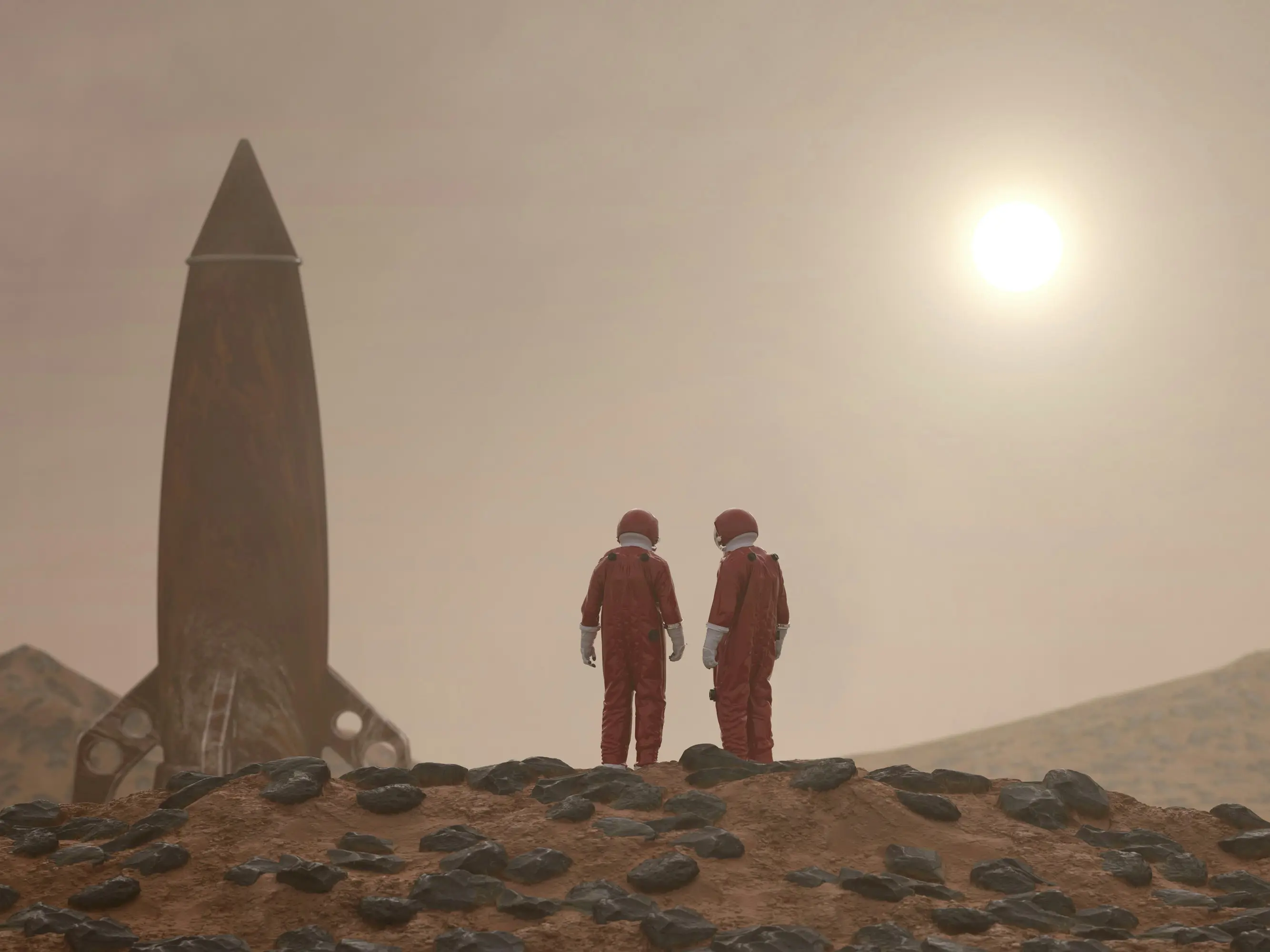Revolutionary Fuel-Free Solar Sails Could Transform Space Missions

A groundbreaking study from the University of Nottingham reveals a potential game-changer in space exploration: fuel-free spacecraft propulsion systems. These systems utilize transmissive solar sails, which harness sunlight by bending it through tiny, refractive patterns rather than reflecting it.
Researchers from the Faculty of Engineering and the NottSpace team have crafted a new optimization framework to enhance the design of these sails. This innovation promises major advancements in spacecraft control and propulsion efficiency, reducing the dependency on onboard fuel and enabling missions to last longer in the vastness of deep space.
The implications of this research extend beyond propulsion. As PhD student Samuel Thompson explains, he developed a ray tracing simulation to optimize these sails, maximizing their acceleration and stability. By using an advanced reinforcement learning optimiser, the sails can be adjusted for specific missions or quickly redesigned to meet changing needs. This cutting-edge technology not only offers a sustainable propulsion solution but also presents a cost-effective method for removing space debris from low Earth orbit (LEO).
Dr. Cappelletti and Dr. Pushparaj, together with international collaborators, are exploring even more ambitious applications. They are examining a planetary sunshade system that could help manage global temperatures by reflecting or diffusing solar radiation, forming part of worldwide solar geoengineering efforts.
Dr. Cappelletti recently presented these ideas at a United Nations event focused on climate innovation, highlighting the potential of solar sail-driven planetary sunshades in building climate resilience.
At the University of Nottingham, these transmissive sails are also being incorporated into CubeSat missions, such as WormSail and JamSail. These student-led initiatives aim to showcase cost-effective propulsion and novel control strategies in LEO, offering valuable hands-on research opportunities.